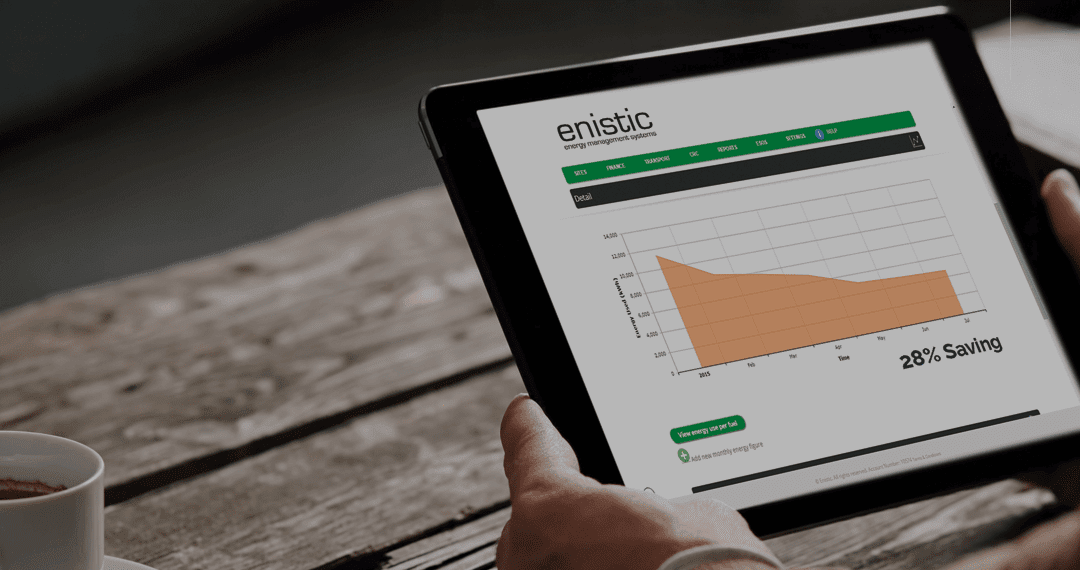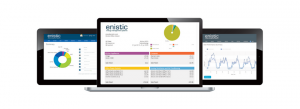With ESOS Phase 2 on the horizon, we often get asked what is the best route to compliance. With several different options to choose from, it’s imperative that organisations fully understand each of them. Whether you’re looking for a long-term energy savings/management scheme or simply looking to comply, there are options for each.
Understanding ISO 50001
ISO50001 is the international standard for energy management. The standard outlines the specific requirements that must be adhered to. From establishing, implementing, maintaining and improvements of an energy management systems to enabling an organisation to follow a systematic approach that will ensure continual energy performance improvements. The standard aims to help organisations continually reduce their energy use, and therefore their energy costs and their greenhouse gas emissions.
As you carry out the ISO50001 certification you will be performing many the same processes as you would do for ESOS Phase 2. If you have ISO50001 in place before the December 2019 deadline, you will be exempted from ESOS – although you will still have to notify DEC that this is the case.
The framework includes requirements for organisations to:
- Develop a policy for a more efficient use of energy
- Identify Significant Energy Uses (SEUs) and plan consumption reduction
- Implement management arrangements to sustain low levels of consumption
- Evaluate performance
- Review the effectiveness of the system
- Improve the system
Introducing Plato
If you follow the ISO50001 path using an approved system (such as Plato) then you can obtain automatic ESOS Phase 2 exemption. Plato supports ISO50001 and ESOS, although we personally prefer ISO50001 as it has more support internationally and incorporates more real-world, practical energy reduction opportunities than ESOS. In Plato, (broadly) the same reports and procedures are followed in either case.
Plato can:
- Collect, records and evidences all of your energy usage
- Keeps track of what significant energy use equipment has been identified and what further analysis work still needs to be done
- Quantify significant energy uses (for simple sites only)
- Plan how to reduce each energy use
- Cut your assessment costs
- Create an automatic evidence pack – if required.
Implementing ISO50001 or ESOS is a significant amount of work and a legal requirement to be completed by December 2019. It does, however, represent a fantastic opportunity for your organisation to identify where it could save significant money in the future and Plato simplifies and takes the pain out of the associated admin processes for you.





